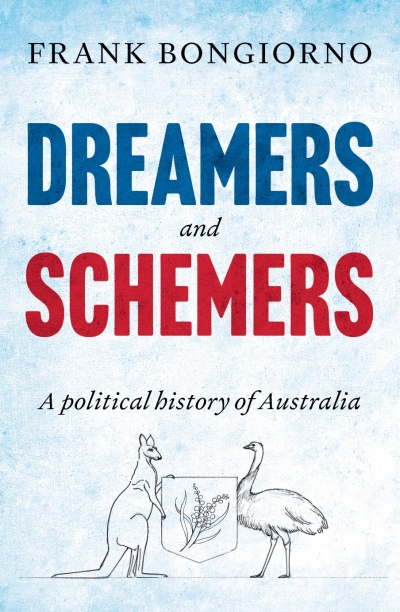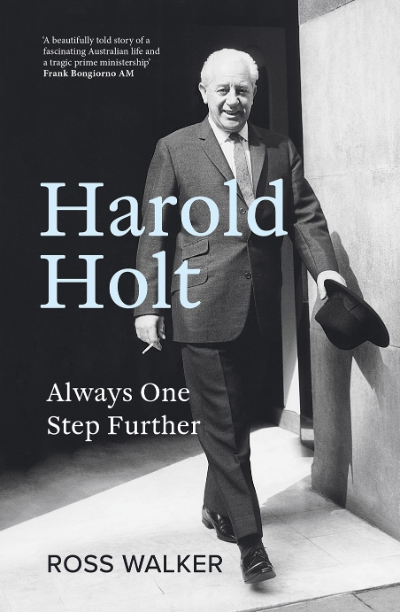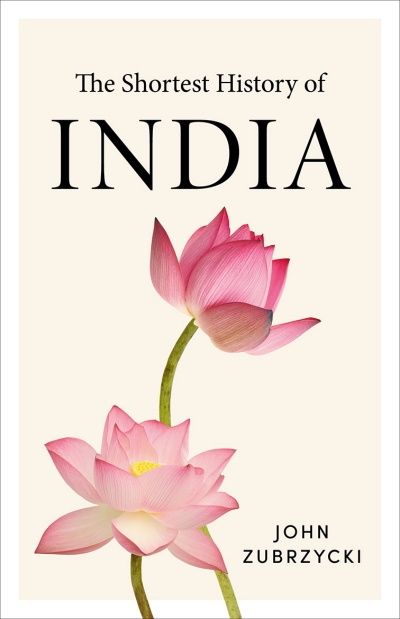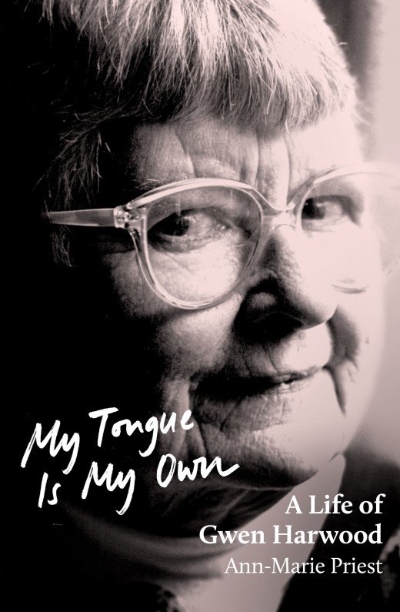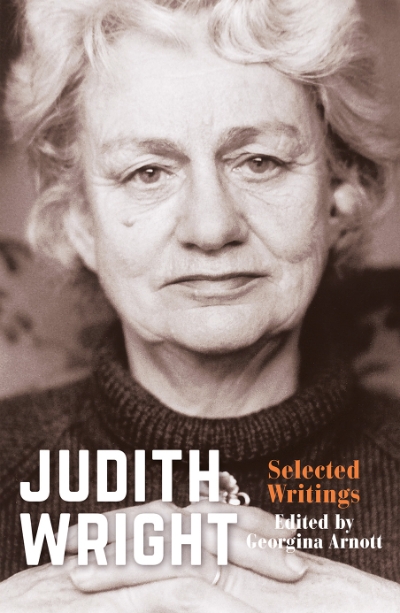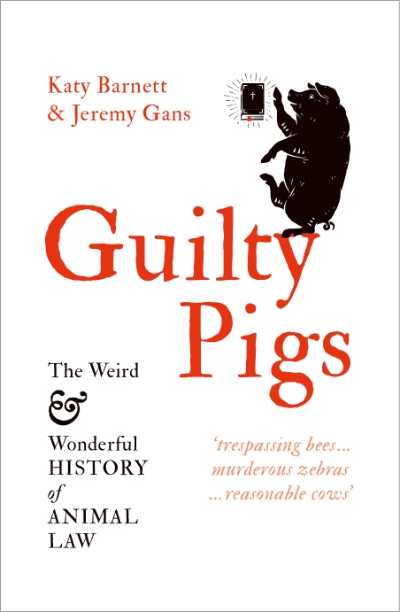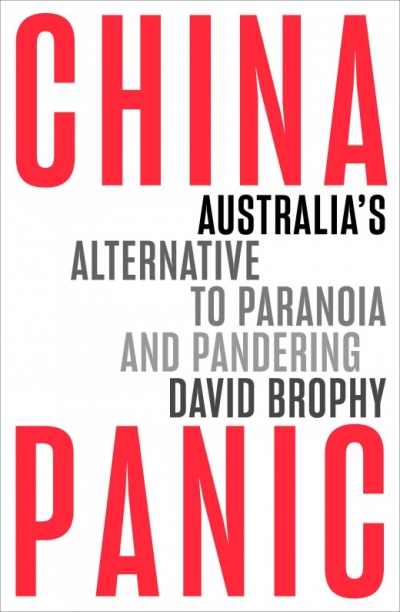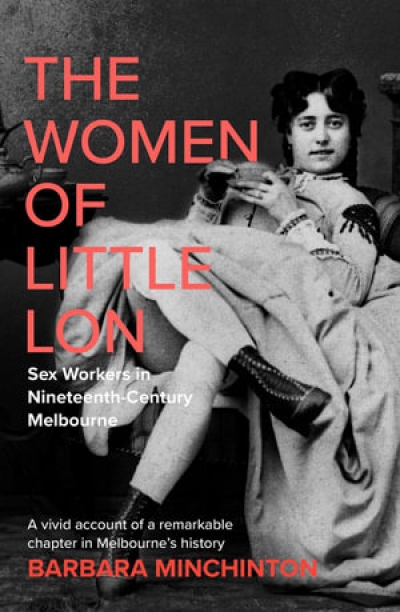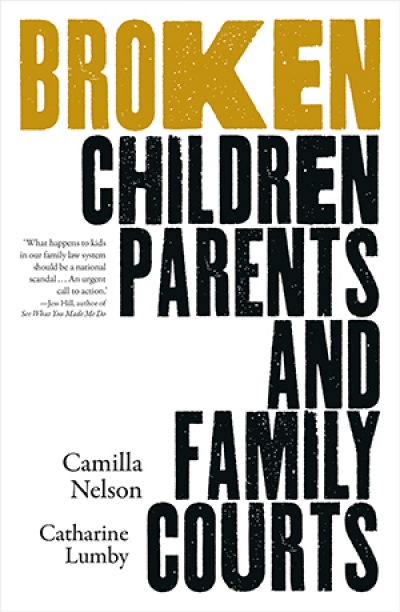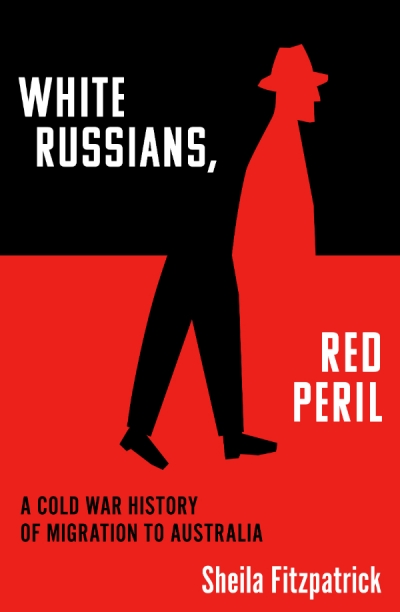La Trobe University Press
Dreamers and Schemers: A political history of Australia by Frank Bongiorno
by James Walter •
My Tongue Is My Own: A life of Gwen Harwood by Ann-Marie Priest
by Stephanie Trigg •
Guilty Pigs: The weird and wonderful history of animal law by Katy Barnett and Jeremy Gans
by Sophie Riley •
China Panic: Australia's alternative to paranoia and pandering by David Brophy
by Tim Robertson •
The Women of Little Lon: Sex workers in nineteenth-century Melbourne by Barbara Minchinton
by Paul Dalgarno •
Broken: Children, parents and family courts by Camilla Nelson and Catharine Lumby
by Kath Kenny •
White Russians, Red Peril: A Cold War history of migration to Australia by Sheila Fitzpatrick
by Stuart Macintyre •

